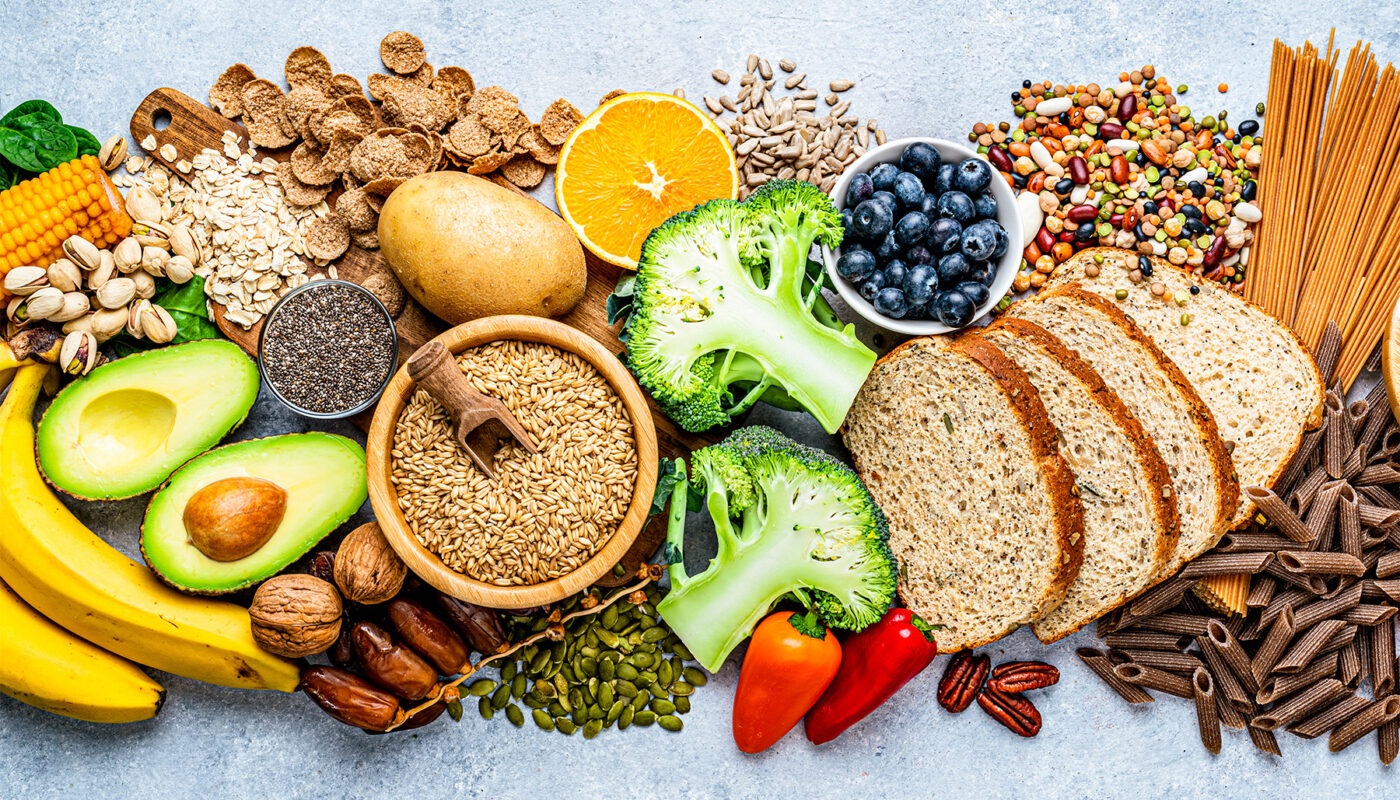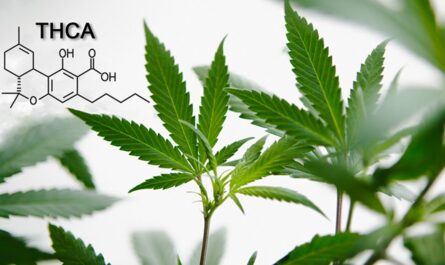A recent study conducted by the Massachusetts Institute of Technology Sloan School of Management reveals that an intensive food-as-medicine program did not lead to any improvements in glycemic control among patients with type 2 diabetes and food insecurity. The research aimed to determine if providing short-term access to healthy food options could enhance glycemic control and influence healthcare utilization in 349 type 2 diabetes patients with previous food insecurity.
The study divided the participants into two groups: the treatment group, which consisted of 170 individuals, received groceries for 10 healthy meals per week for the entire household, along with dietitian consultations, nurse evaluations, health coaching, and diabetes education for one year, followed by a one-year follow-up. In contrast, the control group, consisting of 179 individuals, did not receive any of the benefits provided to the treatment group for the initial six months.
Surprisingly, the study found that both groups displayed substantial declines in Hemoglobin A1C (HbA1c) levels after six months: 1.5% in the treatment group and 1.3% in the control group. This lack of significant difference between groups suggests that factors other than the food-as-medicine program may have contributed to the lower blood sugar levels, although these factors remain unclear.
Although the program did not lead to improved glycemic control, it did result in increased engagement with preventive healthcare for the treatment group. The participants in this group reported more dietitian visits, active prescription drug orders, and self-reported improved diets. However, these increases did not translate into improved glycemic control when compared to the control group receiving usual care despite food insecurity.
Moreover, no significant differences were observed between the treatment and control groups in terms of cholesterol, triglycerides, fasting glucose, or blood pressure at either six or twelve months. The reason behind the lack of impact from a healthier and more secure diet, as well as increased access to medical professionals, on these measures remains unclear.
The findings of the study suggest that the damage caused by prolonged food insecurity may not be easily reversible. Additionally, they highlight that addressing the challenges faced by individuals struggling with food insecurity and diabetes requires more than just dietary interventions.
According to the Centers for Disease Control, individuals experiencing food and nutrition insecurity are two to three times more likely to develop diabetes than those who do not. Healthy eating plays a crucial role in managing blood sugar levels and can help prevent type 2 diabetes.
However, nutritious foods are often expensive and difficult to obtain for individuals living below the poverty level, leaving them dependent on highly processed food sources for calories. For those already diagnosed with diabetes, allocating funds for healthy foods can become challenging when faced with healthcare expenses for medications, devices, and supplies, creating a challenging decision between treatment options and proper nutrition.
While the study did not show significant short-term improvements in the participants, it is essential to recognize that the issue of food and nutrition insecurity is on the rise, coinciding with the increase in diet-related chronic diseases.
Food-as-medicine programs, including initiatives like produce prescription programs and medically tailored meals, are gaining popularity. However, results from the present study suggest that short-term dietary interventions may not be sufficient in creating clinically measurable changes and that long-term food and nutrition security is imperative in addressing these health concerns.



